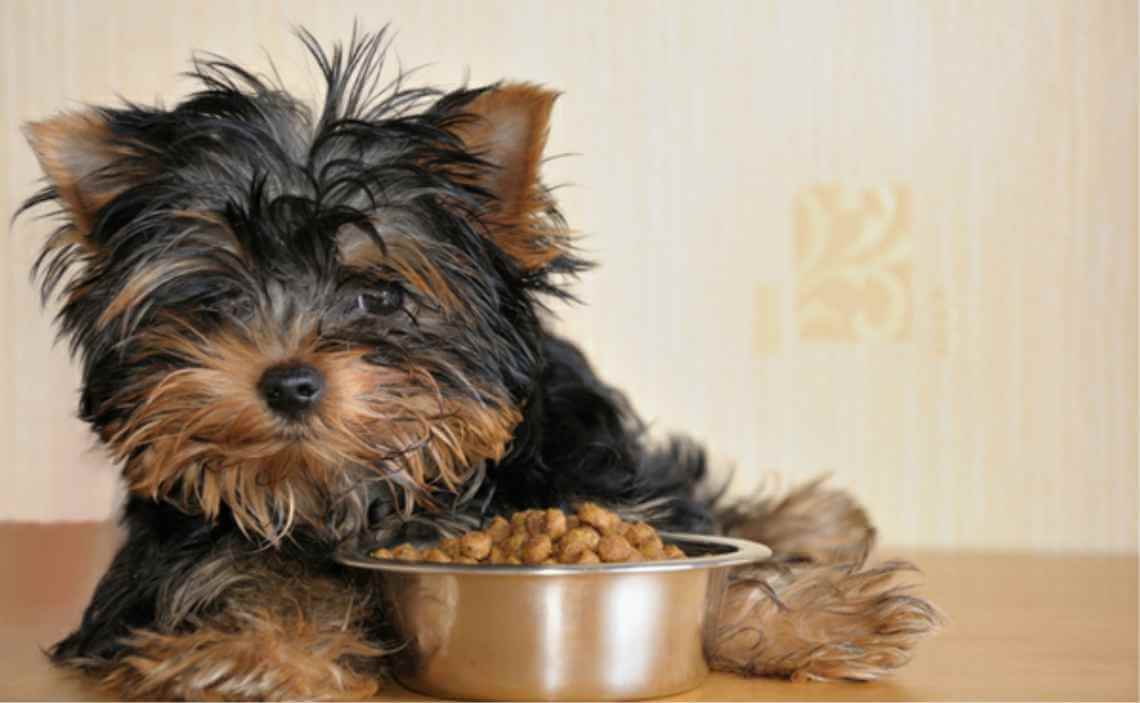
Most dogs will eat anything and everything without any hesitation. However, there are a few dogs that just don’t have much enthusiasm for their food. It can be concerning if your dog doesn’t show interest in his or her food.
Before you try to correct the problem of a picky eater, make sure your dog is in good health. If your dog has generally been a good eater in the past and suddenly has a diminished appetite, you should be concerned. If your dog has lost weight, is vomiting or experiencing diarrhea, you need to make an appointment right away to visit the veterinarian. Need to choose a veterinarian for your dog? Click here for tips on selecting the best veterinarian for your dog.
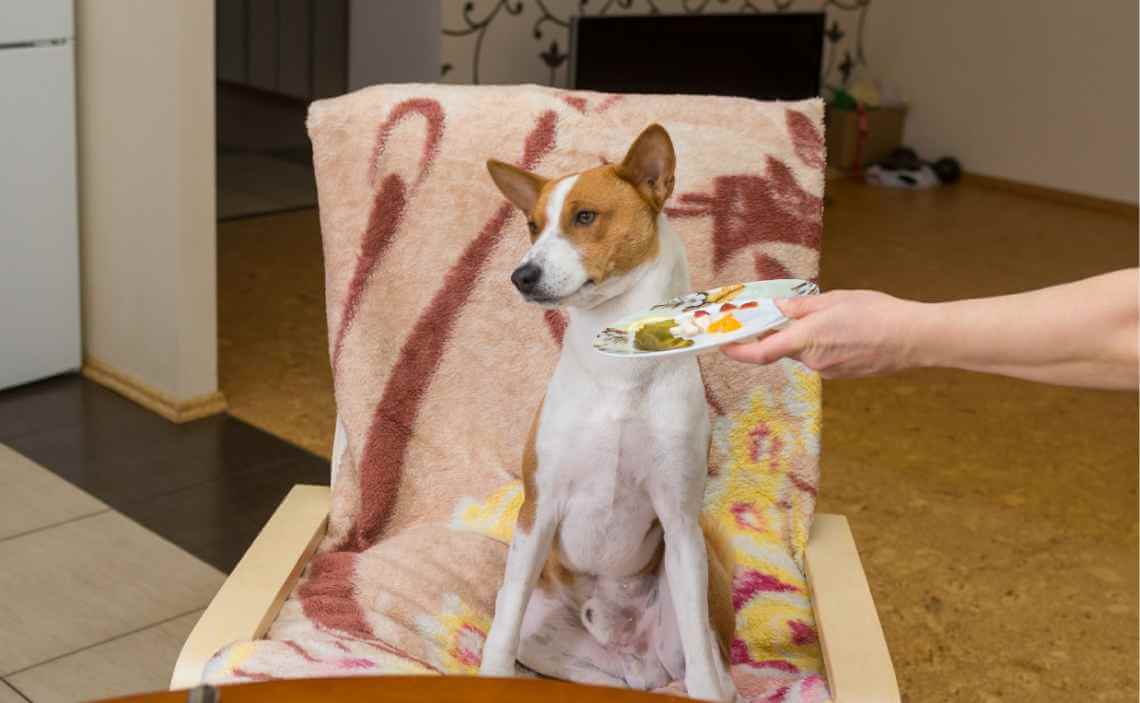
Here are 8 reasons why your dog might be acting like a picky eater and what to do to about it.
-
Dental disease
Problems with teeth or gums can make eating difficult for even the hungriest of dogs. Check your dog’s mouth for sores, bad teeth or other mouth issues. If you notice anything that might be problematic, have your vet examine your dog. Once dental problems have been correctly diagnosed and treated, your dog’s appetite should return quickly. Click here for more information on hidden dental disease in dogs.
-
Table scraps
Do you feed your dog table scraps? If so, he or she may already be full. If this is happening, you might want to cut back on those goodies because table scraps are not a balanced diet. So resist those begging eyes and encourage your dog to eat out of his or her food bowl.
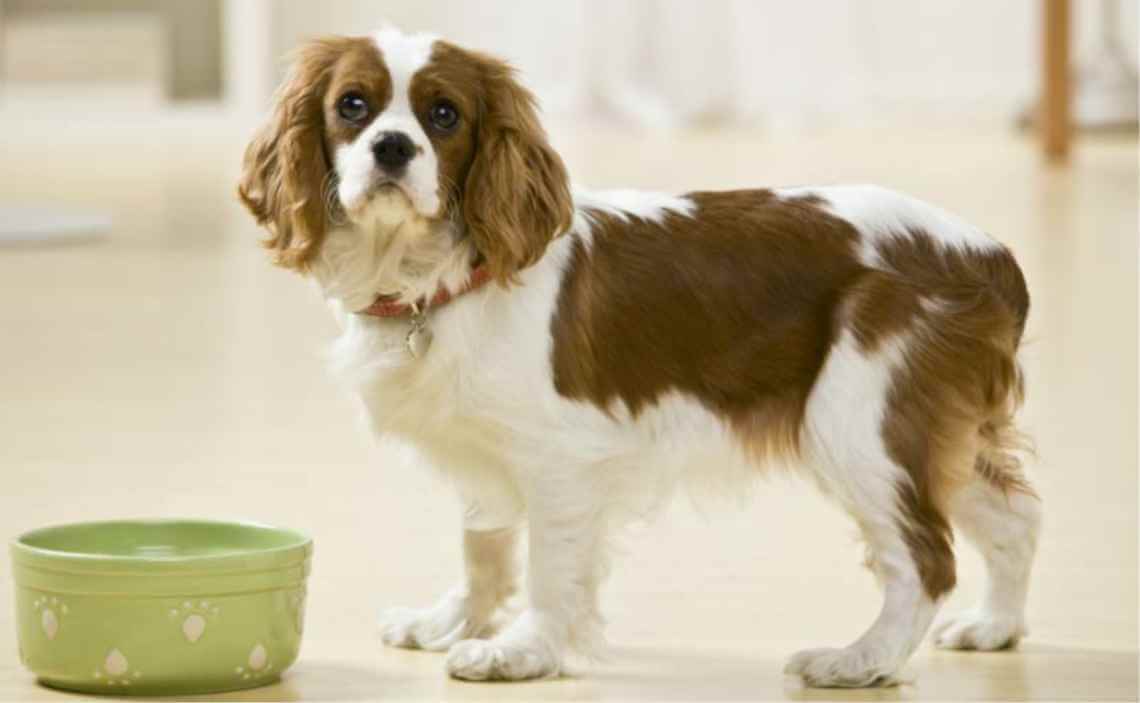
-
Cat food
Could your dog be getting into cat food? Most dogs can’t resist cat food. Cat food is higher in protein and fat because cats have different nutritional needs than dogs, making it a tempting treat. You may need to move your cat’s food to a higher location or make sure your pooch isn’t around when your cat is fed.
-
Too many treats
Overfeeding your dog treats during the day is a common culprit for picky eaters. Dogs can be a lot like kids – it’s hard to feed them vegetables if they think cookies are available. However, treats are not a balanced diet. If your dog is acting picky about his or her food, shut down the treat brigade until you get their diet under control.

-
Change in diet
Have you changed your dog food brand or formula lately? Change is a big deal to many dogs; he or she may be so unnerved by the change they refuse to eat. If your dog is displaying this behavior, mix their old food with the new food to transition them to the new flavor. Click here for 8 trustworthy tips for selecting the right dog food.
-
Stress
If your dog is feeling stressed – from a move, new people, or a major change in the household – he or she may feel too anxious to eat. If this is happening, your dog will resume eating once things become less stressful and he or she adjusts to the “new normal.”
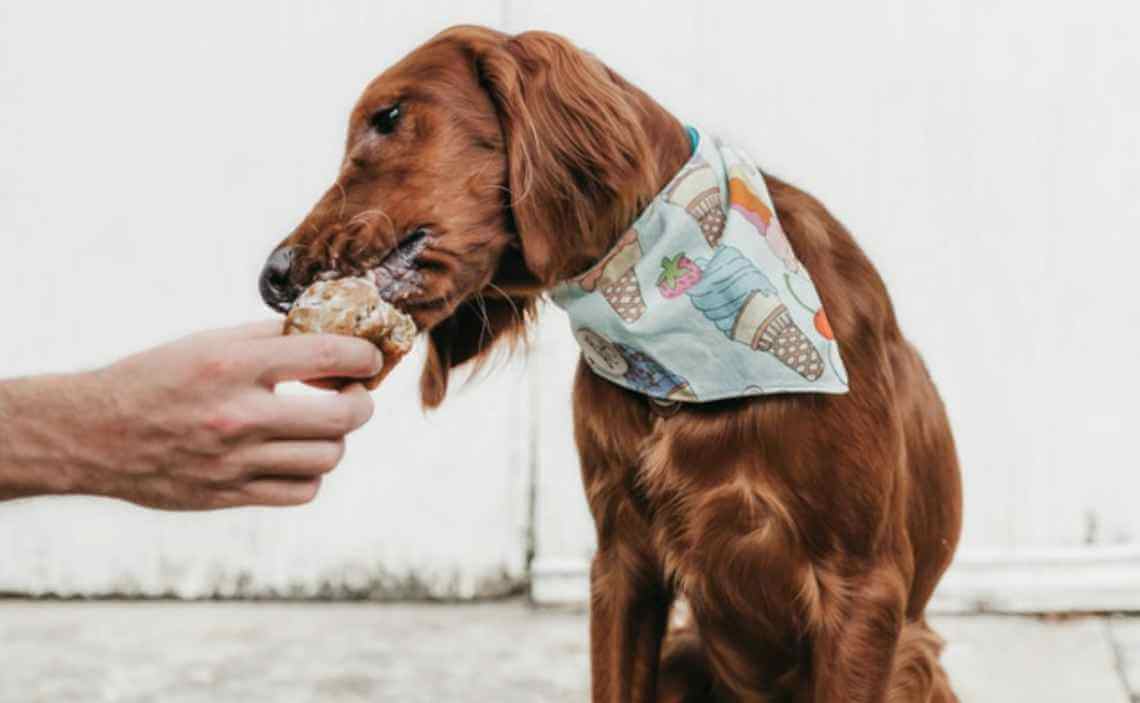
-
Waiting for preferred food
Some dogs have learned to wait and see if their parent will offer a tasty morsel as an incentive. Have made a habit of adding a fried egg, homemade chicken, warm broth or other goodies to your dog’s food? You may need to take a break from adding the extra tidbits as an occasional treat if you don’t want to be at the mercy of your dog’s culinary whims.
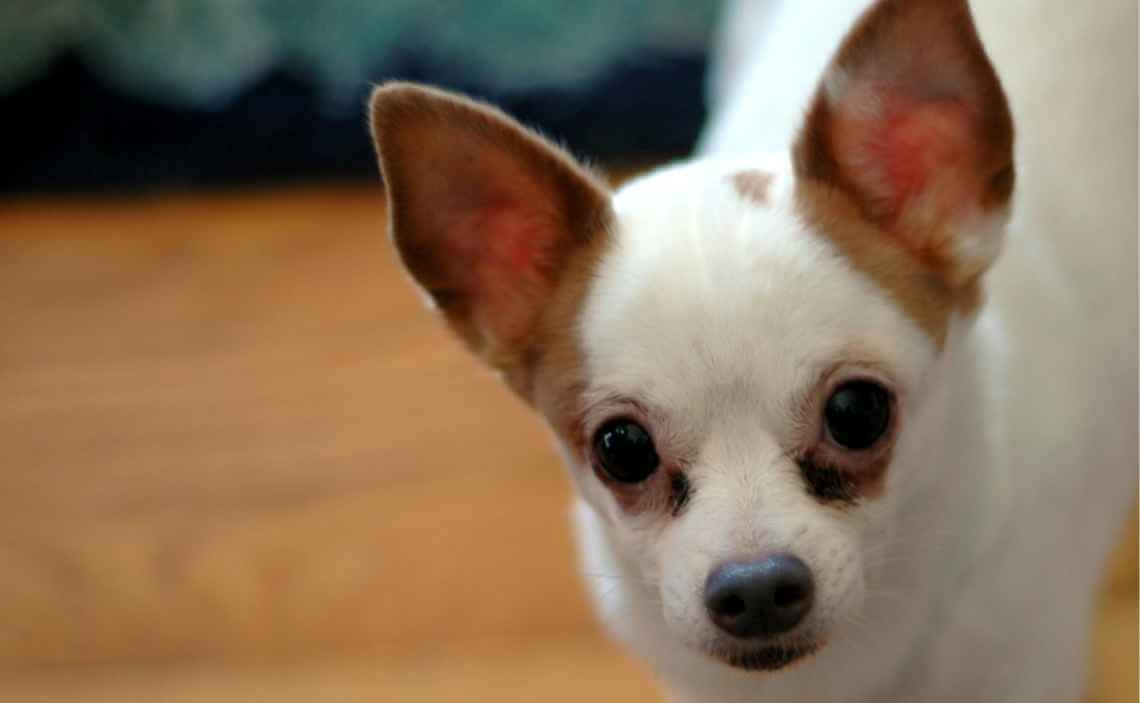
-
Upset stomach
Sometimes dogs will be reluctant eaters because they have developed a food allergy or sensitivity. You may need to try switching to a different diet to entice your dog to eat better. Click here to learn more about food allergies in dogs.
If your dog is a picky eater and it’s due to bad household habits, try these tactics:
- Stop all table scraps and treats. Cold turkey. No matter how much they beg. Make sure everyone in the family is on board with this.
- Put your dog on a regular feeding schedule. Allow them to eat for a short time twice a day (more often for puppies under 18 months old) and they will learn to eat on your schedule.
- Make sure your dog is comfortable in the environment. Place their feeding station out of the way of heavy foot traffic.
- If your dog refuses to eat for more than two days, see a veterinarian.
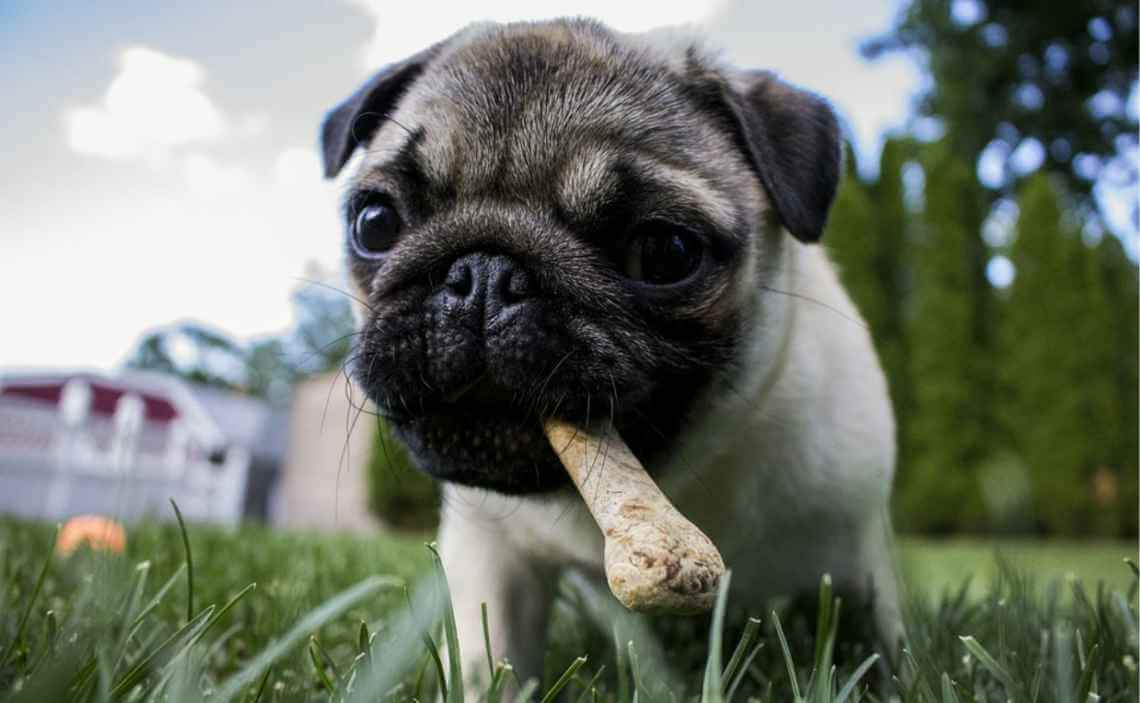
Has your dog displayed a diminished appetite at meal time? What did you do to improve his or her appetite? Please share with the rest of the Canine Campus community in the comments below. We’d love to hear from you!













Leave a Reply